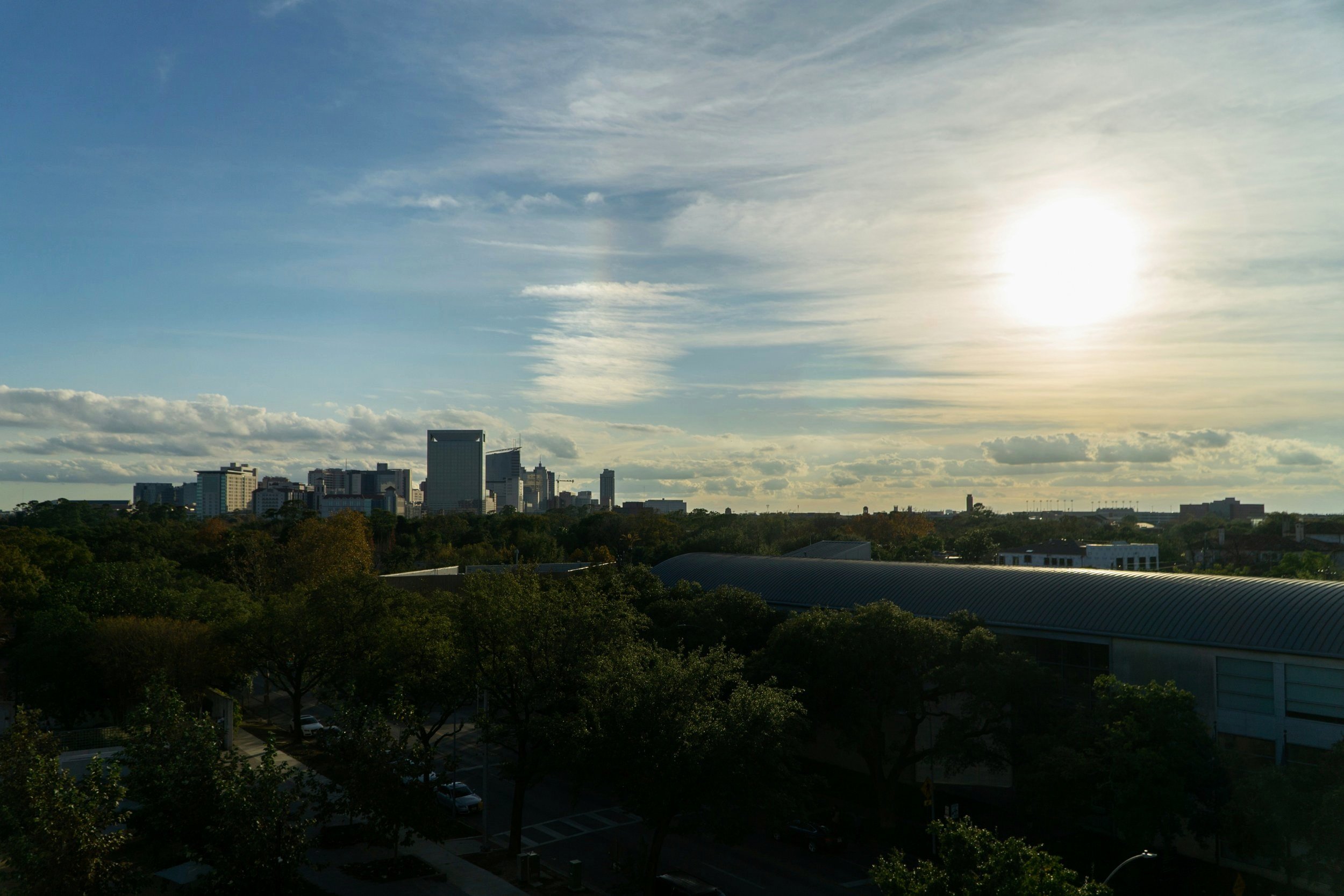Saber Perdonar
Un joven, el mayor de tres hermanos, les informo a sus padres que estaba cansado de la vida cristiana aburrida que llevaba y que se iba de la casa. Sus padres sintieron gran tristeza al ver su amado hijo dejar el hogar. Por algún un tiempo siguieron sus pasos a través de amistades y conocidos, pero llegó el momento donde no supieron más de él.
Pasado el tiempo recibieron una carta de su hijo, les menciona que está bien, que incluso tiene ya una familia, e hijos, que como padre él mismo, entendía ahora lo mucho que habían sufrido por su partida. Les confesó que desea verlos, y pedirles perdón, pero que si ellos no querían perdonarlos él entendía, después de todo él se lo merecía.
Al final de la carta les menciono que él y su familia llegarian en tren y que si ellos le perdonaban, les pido que pusieran en el árbol del frente de su casa un moño blanco. Cuál fue su sorpresa que al llegar, no vio un moño blanco, sino una sábana blanca que cubría por completo el árbol, la cual sus padres habían puesto para que supiera el tamaño de su perdón y lo mucho que siempre le han amado, ellos ya lo habían perdonado, por la sencilla razón de que nunca había dejado de ser su hijo.
Así mismo es Dios. Las escrituras revelan a Dios como perdonador (Salmos 86:5 Tú, Señor, eres bueno y perdonador; grande es tu amor por todos los que te invocan.) La realidad es que nunca nos parecemos más a Dios que cuando perdonamos, pero qué difícil es para nosotros perdonar.
En lucas 17:3-4, Jesús nos los pasos para perdonar y restaurar al que ha ofendido. “Mirad por vosotros mismos. Si tu hermano pecare contra ti, repréndele; y si se arrepintiere, perdónale. Y si siete veces al día pecare contra ti, y siete veces al día volviere a ti, diciendo: Me arrepiento; perdónale”
Siempre tendremos oportunidades para perdonar. (perdonar siete veces al día)
Ser creyentes y ser parte de la iglesia no nos excluye de ser ofendido o agraviado. Las ofensas son siempre una oportunidad para perdonar; como el caso de José que fue vendido por sus hermanos y perdono (Génesis 50:21), igualmente Jesús que fue rechazado por su familia, el pueblo y sus discípulos y en la cruz exclamó “Padre perdónalos porque no saben lo que hacen.”
Las ofensas son una oportunidad para confrontar en amor. (repréndele)
Negarse a confrontar la ofensa pareciera ser un camino sin dolor, pero no es así. En su libro “Dangerous Calling” Paul Tripp dice que “la iglesia es el agente santificador de Dios” cuando faltamos en confrontar la ofensa con amor, le robamos al ofensor la posibilidad de corregir su conducta, aclarar los malentendidos y detener los actos ofensivos.
La restauración debe ser nuestra meta. (si se arrepiente)
Después de la muerte de Jacob, los hermanos de José tuvieron temor y pensaron que él se vengaría de ellos, así que le enviaron una nota reclamando que Jacob, su padre le pedía que perdonara a sus hermanos (Génesis 50:15-17). José nunca le guardó rencor a ellos, porque entendió que la meta de Dios en todo lo que él sufrió, era la restauración sus hermanos y preservar la nación de cuya simiente nacería el Redentor del mundo, Jesús.
“Queridos hermanos, amémonos los unos a los otros, porque el amor viene de Dios, y todo el que ama ha nacido de él y lo conoce” (1 Juan 4:7)
“Todo el que Ama, perdona”
Victor Marte
A young man, the oldest of three brothers, informed his parents that he was tired of the boring Christian life he was leading and that he was leaving the house. His parents felt great sadness to see their beloved son leave home. For some time they kept up with him through friendships and acquaintances, but the moment came when they didn't know what he was up to anymore.
After some time, they received a letter from their son. He writes that he is fine, that he even has a family of his own, and children. He writes that, as father himself, he finally understands now how much they had suffered when he left. He confessed that he wanted to see them and apologize to them but that if they did not want to forgive him, he would understand. After all, he deserved it.
At the end of the letter, he mentions that he and his family would arrive by train to his home town. If his parents forgave him, he asked them to put a white bow on the tree in front of their house. When he arrived, however, he did not see a white bow but a white sheet that completely covered the tree. HIs parents had put it there so that he would know the size of his forgiveness and how much they have always loved him. They already had forgiven him just because he had never ceased to be his son.
It's God, too. The scriptures reveal God as forgiving (Psalm 86: 5 You, Lord, are good and forgiving, great is your love for all those who call on you). The reality is that we never look more like God than when we forgive, but how difficult it is for us to forgive.
In Luke 17: 3-4, Jesus steps us to forgive and restore the one who has offended. "So watch yourselves. If your brother or sister sins against you, rebuke them; and if they repent, forgive them. Even if they sin against you seven times in a day and seven times come back to you saying ‘I repent,’ you must forgive them.”"
We will always have opportunities to forgive (…even if they sin against you 7x in a day…)
Being a believer and being part of the church does not exclude us from being offended or wronged. Offenses are always an opportunity to forgive; like the case of Joseph who was sold by his brothers and forgiven (Genesis 50:21), likewise Jesus who was rejected by his family, the people and his disciples and on the cross exclaimed "Father forgive them because they do not know what they are doing."
Offenses are an opportunity to confront in love (…rebuke them)
Refusing to confront the offense seems to be a path without pain, but it is not like that. In his book "Dangerous Calling" Paul Tripp says that "the church is the sanctifying agent of God" when we fail to confront the offense with love, we rob the offender the possibility of correcting his behavior, clarifying misunderstandings and stopping offensive acts.
Restoration must be our goal (if he repents…)
After Jacob's death, Joseph's brothers were afraid and thought that he would take revenge on them, so they sent him a note claiming that Jacob, his father was asking him to forgive his brothers (Genesis 50: 15-17). Joseph never held a grudge against them, because he understood that the goal of God in all that he suffered was the restoration of his brothers and preservation of the nation from whose seed the world's Redeemer, Jesus, would be born.
"Dear brothers, let us love one another, for love comes from God, and everyone who loves is born of him and knows him" (1 John 4: 7).











